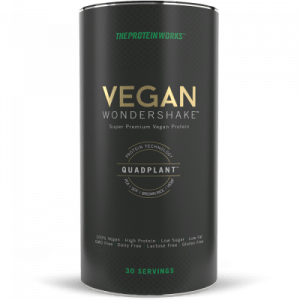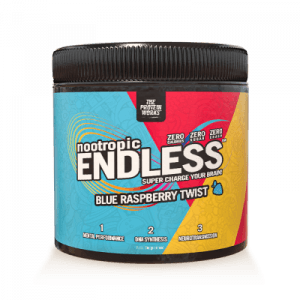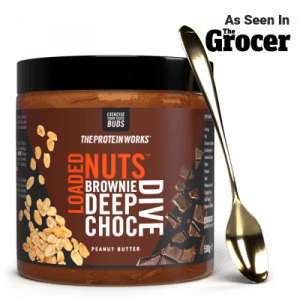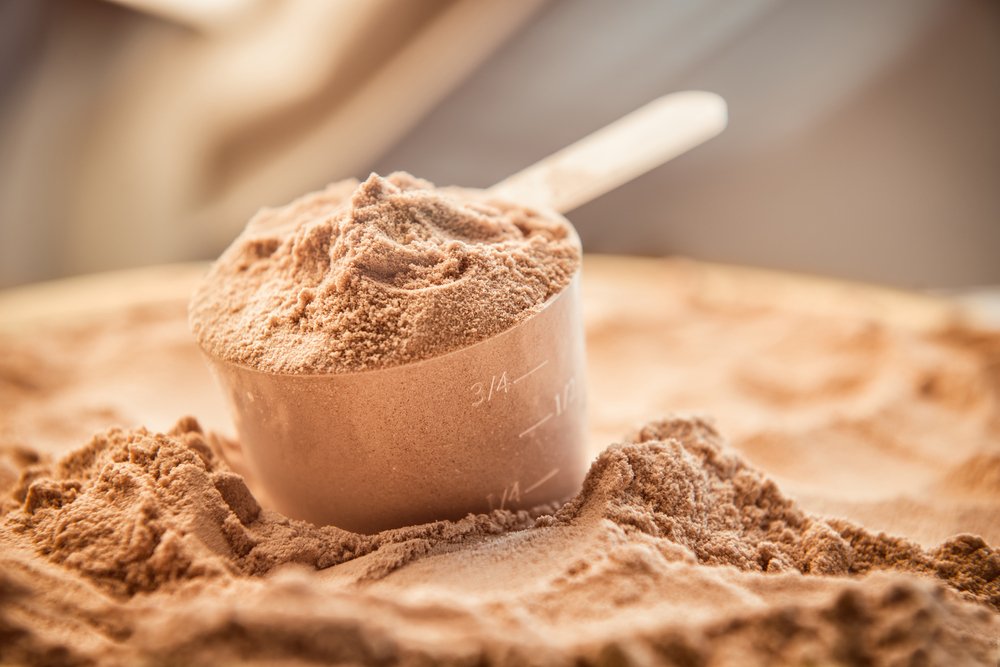Home » Health & Wellbeing » The Best Way to Supplement with Collagen
Collagen is a protein [1] that forms connective tissue in the body. It plays a large role in creating and maintaining your skin, bones, muscle, tendons and ligaments [2, 3].
This is important because as you age your body naturally reduces the amount of collagen it produces. This, in turn, increases the signs of ageing, joint pain, bone loss and muscle wasting. [4]
By supplementing with collagen, you can help to slow down these effects and decrease their impact.
What Are the Different Types of Collagen?
Currently, about 16 different types of collagen have been identified, but the majority of what is found in the body is type I, II or III.
-
Type I is the most abundant type of collagen in the body and is found in your skin, hair, nails, muscles, joints and organs. It’s also largely found in marine collagen i.e. fish and shellfish
-
Type II is common in the cartilage around your joints and is predominantly found in supplements for joint health
-
Type III is the second most abundant type of collagen and is found in your intestines, muscles and blood vessels. Supplements with a large amount of type III are most for gut health
Most supplements are made up of type I collagen as it’s the most abundant in the body, specifically the skin, bones and muscle.
Where Can You Get Collagen From?
Collagen can be found in various animal food sources. It’s a large component of animal connective tissue, which means it can be found in the skin of chicken and pork, as well as in beef and fish.
Additionally, any food products containing Gelatin, such as bone broth, are also good sources of collagen. This is because Gelatin is a protein by-product produced when collagen has been cooked.
Given this, you might be wondering why you would still need to supplement. The answer is two-fold:
-
It’s still not clear whether collagen-rich foods provide the same benefits as supplements do. Meaning although you can obtain collagen in the diet it may be more effective to supplement
-
Unlike collagen obtained from the diet, collagen supplements are pre-broken down which is thought to increase absorption when compared to collagen in the diet which needs to be broken down before it can be used
How to Take Collagen Supplements
There are 2 main types of the supplement: bovine and marine.
-
Bovine: This is obtained from the hide, bones and muscles of cows and is predominantly type I and type II.
-
Marine: This is made from the skin and scales of fish and is predominantly type I. It is generally considered superior to bovine collagen in regard to skin health because it’s composed of smaller molecules which are more efficiently absorbed by the body
Whichever you choose you will find that you can get collagen supplements in pill, powder and liquid form with powder being the most popular due to the ease with which it can be added to food and drink.
Dosage recommendations are to take 5 – 10g per day split into 1 or 2 servings.
As for what you take it with or when you take it, there are no hard and fast rules and as long as you get the daily recommended dosage you’re free to choose what you mix it with.
This can be as simple as a glass of water or into a bowl of soup at lunch.
Unlike, many other foods which lose their nutritional value when heated, collagen powder is not affected. This means you can add it to hot drinks or food without worrying about ruining its effectiveness.
What to Look for In A Supplement
When buying collagen there are a few things to keep in mind:
-
Don’t be sucked in by fancy combinations, when buying collagen, you want to get something simple with as few ingredients as possible. Look for collagen protein isolate, also referred to as collagen hydrolysate, hydrolysed collagen or collagen peptides
-
Avoid flavoured versions as not only can these included added ingredients like sugar and flavourings, but they can also increase the calorie count and reduce the number of things you can mix it with due to flavour clash
-
Always buy from a reputable company to ensure the quality of the supplement. This means if you find a dodgy looking supplement that cost way less than it does elsewhere, you’re best off avoiding it
Are There Any Side Effects?
There are few known side effects to regular collagen supplementation.
However, because some supplements include fish, shellfish, and eggs people with allergies to these foods should exercise caution when choosing which supplement to buy.
Additionally, there is some evidence that shows collagen may leave a bad taste in the mouth, may cause feelings of fullness, heartburn and stomach issues. [5]
Nonetheless, collagen supplementation is considered safe for most people. If you have any lingering doubts, we encourage you to always consult your doctor before starting a new supplement routine.
Takeaway Point
Collagen supplementation can offer big benefits to skin, bone, joint and muscle health when taken regularly.
It has few known side effects, none of them major, and is straightforward to take, making it a no-brainer for anyone looking to optimise their health and keep ageing at bay.
References
[1] Annu Rev Biochem. 2009; Collagen Structure and Stability, Matthew D. Shoulders, Ronald T. Raines
[2] The Open Nutraceuticals Journal, 2015, An Overview of the Beneficial Effects of Hydrolysed Collagen as a Nutraceutical on Skin Properties: Scientific Background and Clinical Studies Sara Sibilla, Martin Godfrey, Sarah Brewer, Anil Budh-Raja and Licia Genovese
[3] Molecular Cell Biology. 4th edition. Lodish H, Berk A, Zipursky SL, et al. New York: W. H. Freeman; 2000.
[4] Am J Pathol. 2006 Jun; Decreased Collagen Production in Chronologically Aged Skin Roles of Age-Dependent Alteration in Fibroblast Function and Defective Mechanical Stimulation James Varani, Michael K. Dame, Laure Rittie, Suzanne E.G. Fligiel, Sewon Kang, Gary J. Fisher, and John J. Voorhees
[5] Semin Arthritis Rheum. 2000 Oct; Role of Collagen Hydrolysate in Bone and Joint Disease. R W Moskowitz.
Related Posts










No Comments yet!